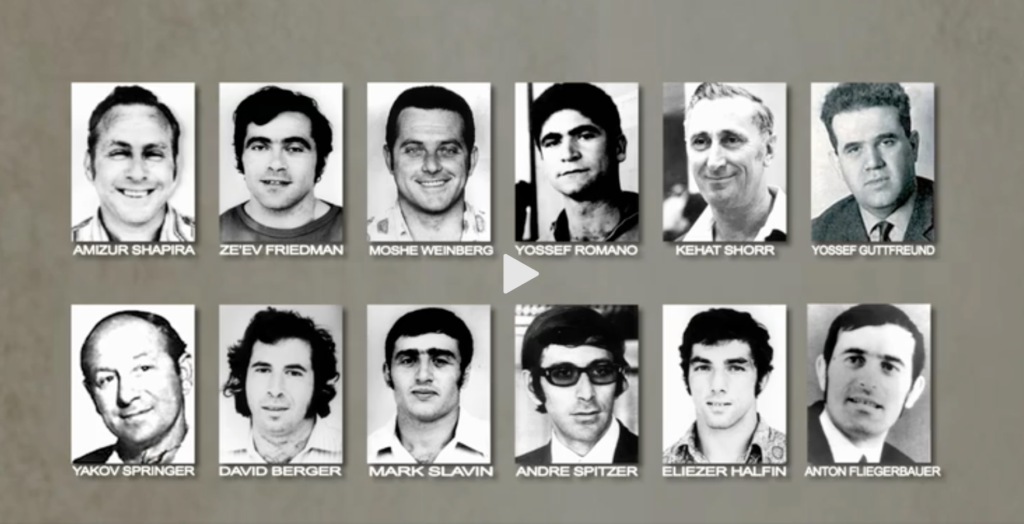Sefaria

In the acknowledgments section of Birthright, you’ll find a concluding mention of Sefaria, a source not only for many of the biblical citations/translations that appear throughout the book, but also for the practice of text study and discussion that produced a number of the poems in the first place.
In its own words, Sefaria is “a non-profit organization dedicated to building the future of Jewish learning in an open and participatory way. We are assembling a free living library of Jewish texts and their interconnections, in Hebrew and in translation. With these digital texts, we can create new, interactive interfaces for Web, tablet and mobile, allowing more people to engage with the textual treasures of our tradition.”
“For the Jewish people,” the site explains, “our texts are our collective inheritance.” You might even say that they are our birthright. For all of the above reasons, I am donating a portion of my earnings from Birthright to Sefaria.
